February 10, 2025 | 14:21 GMT +7
February 10, 2025 | 14:21 GMT +7
Hotline: 0913.378.918
February 10, 2025 | 14:21 GMT +7
Hotline: 0913.378.918
Quang Ninh is the province with the most ideal soil and climate characteristics, as well as an abundance of experienced labor sources, for the growth of organic agriculture. In addition, the potential of the domestic market for organic goods is not completely exploited, and as people's earnings rise, the need for high-quality, safe foods increases.
Quang Ninh has shown positive signals of organic agricultural growth in recent years. Organic vegetable production models have utilized the six-no principle including no pesticide, no chemical fertilizer, no growth stimulation, no preservation, no plant genetic change, and no soil pollution.
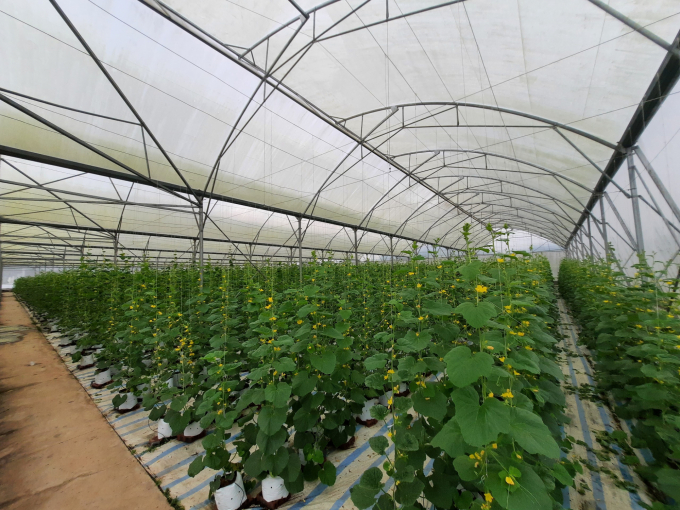
Model of organic melon growing on an area of more than 5ha in Dam Ha district (Quang Ninh). Photo: Nguyen Thanh.
In addition, some organic livestock farms utilize a cushion pad made of rice husks, sawdust, and probiotics to keep the barns clean, and they feed poultry and fish with composting worms... Since 2020, the Provincial Agricultural Extension Center has launched a project to promote commercial clam worm farming combined with organic rice production on 90 hectares in the districts of Dong Trieu, Uong Bi, and Quang Yen.
The province has more than 1,000 hectares for agricultural goods produced under the VietGAP standard, 45 hectares for organic cultivation, 28 VietGAP-certified husbandry facilities, 416 facilities applying advanced quality management programs (GMP, SSOP, HACCP...), 14 fruiter planting areas, five fresh fruit packaging facilities, and nine seafood exporters qualified to export goods to the Chinese market... Although the province's models and programs have been small-scale and scattered.
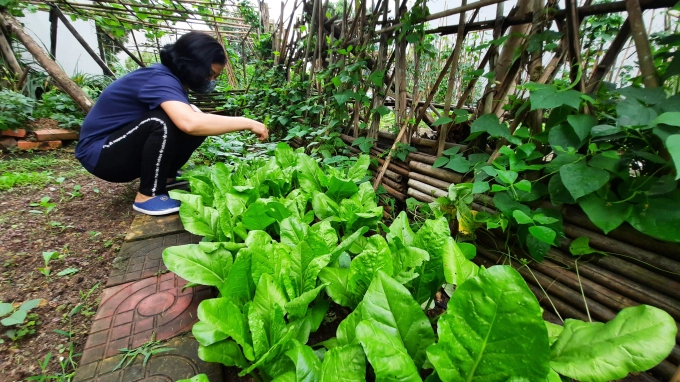
Currently, most of Quang Ninh's organic agricultural production models are still small, fragmented, and not yet commercialized due to difficulties in consumption compared to conventional products. Photo: Viet Cuong.
A representative of the Quang Ninh Provincial Sub-department of Crop Farming and Plant Protection determined that organic production outperforms conventional production in terms of agricultural goods and environmental advantages. However, there are a number of obstacles stemming from awareness, farmers' outdated production methods, increased effort and expense, and the market's need for attractive, inexpensive veggies.
Chemical fertilizers and growth stimulants have long been used in agricultural production to improve output and profits, whereas organic farming employs organic fertilizers, and natural cultivation, and provides clean goods. In addition, the manufacturer incurs substantial additional expenses for the certification of organic products. Consequently, organic agricultural goods are significantly more expensive.
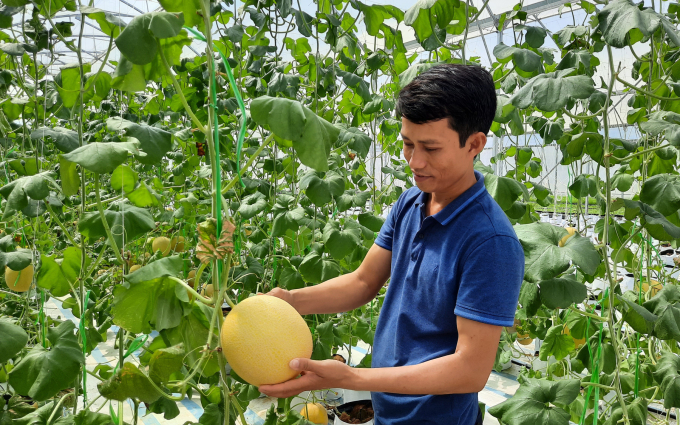
Organic certification is also a burden for companies with ambitions to invest in this new field. Photo: Nguyen Thanh.
Mr. Nguyen Trung Thanh, Director of the Sub-Department of Cultivation and Plant Protection in Quang Ninh, stated that it is extremely unfair to farmers if consumers choose to purchase organic products at affordable costs. In addition, the macro-level strategy to encourage the growth of organic agriculture is currently appropriate but has not yet attracted a significant number of farmers to participate. The promotion of organic agriculture is still insufficient to inspire consumer confidence.
Vietnam's agriculture, in general, and Quang Ninh's agriculture, in particular, are headed in the right direction by adhering to organic certification in order to produce high-quality, healthful goods, but the supply-demand problem remains unresolved.
In order to foster the growth of organic agriculture, it is vital that the state provide more assistance to encourage more participants. Concurrently, communication must be improved in this industry in order to foster trust between producers and customers.
In addition, it is vital to promote training models and construct models along the production-to-consumption chain; the certifying body's capacity must be strengthened in all respects. Additionally, creating or organizing an association of qualified auditors should be considered.
Organic agriculture strives to provide a healthy ecosystem, and safe food, and allow a close change in the agricultural system by utilizing only on-farm resources and certified inputs. This model is likely to emerge in a number of regions, but in order for it to be sustainable and stable, it requires the collaboration and involvement of agencies and manufacturing facilities.
The People's Committee of Quang Ninh province held a meeting on the project "Development of organic agriculture in Quang Ninh province to 2025, with orientation to 2030" at the start of 2022, recognizing organic agriculture as an inevitable production trend to build a sustainable agriculture commensurate with its potential. This project has offered 11 sets of solutions to meet the objective of developing a number of organic agricultural production regions based on the selection of major agricultural goods, which are the competitive advantage of the province.
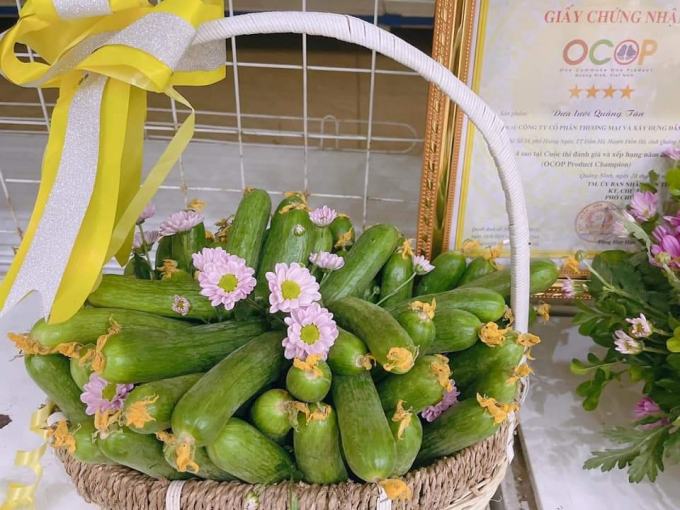
An organic fruit and vegetable product with a 4-star OCOP certificate of Quang Ninh province. Photo: Viet Cuong.
Specifically, there are solutions for perfecting institutions, mechanisms, and policies for the development of organic agriculture; developing and improving the efficiency of forms of production organization in agriculture, enhancing the quality of human resources, and strengthening the "4-house" linkage; accelerating the transfer of application of scientific and technological advances and high technologies; information and communication; building brands, promoting trade and product consumption; and establishing information and communication networks. Consequently, increase the province's organic farming area in the near future.
Mr. Thanh stated that the initiative intends to promote sustainable and environmentally friendly agriculture, while also increasing agricultural product yields and competitiveness. Specifically, supporting the manufacture of certified and standard organic products.
In the field of farming, the project focuses on growing organic vegetables, bulbs, fruits, tea, medicinal herbs, and rice products in Quang Yen, Van Don, Ba Che, Binh Lieu, and Hai Ha... Then, through zoning, transfer 55 hectares of agricultural production to organic farming.
In the livestock sector, the construction project focuses on the development of organic livestock and poultry products in Binh Lieu, Tien Yen, Dam Ha, and Mong Cai, resulting in an increase of 10 to 15 percent in the value of organic animal goods.
Translated by Linh Linh
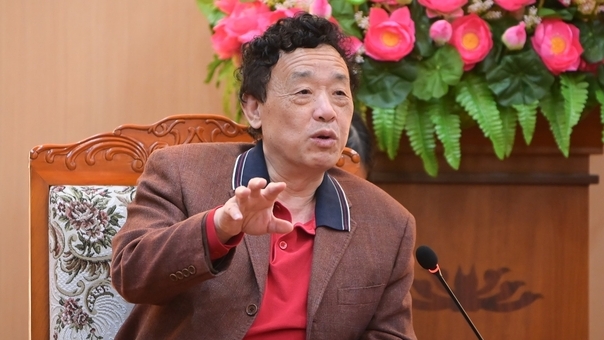
(VAN) FAO Director-General Qu Dongyu introduced the concept of an ‘agri-food system heritage’ to the leaders of Ninh Binh province, recognizing it as a representative model of rural life in the ancient capital.
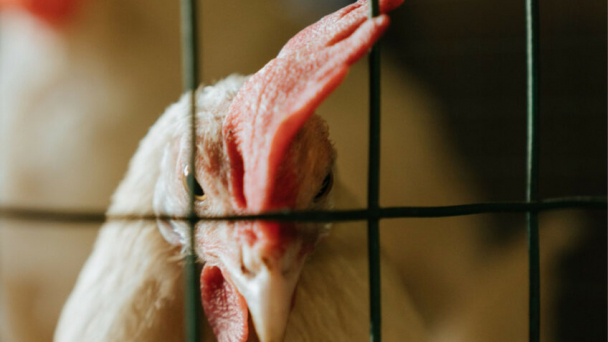
(VAN) During a December meeting in Brussels, the Czech Republic called on other EU member states to impose the ban on cage farming.
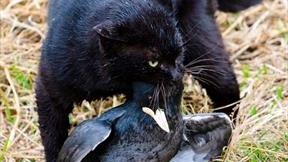
(VAN) Companion animal veterinarians on alert for H5N1 in feline patients.
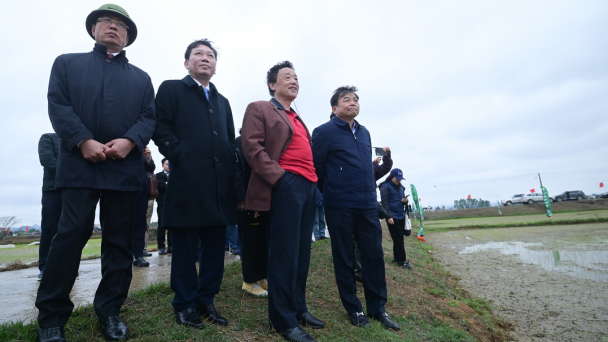
(VAN) On the morning of February 7, FAO Director-General Qu Dongyu met with Ninh Binh provincial leaders and visited a mechanized rice cultivation model utilizing drones.

(VAN) World Food Day 2025 will take place on October 16, marking the 80th anniversary of the Food and Agriculture Organization of the United Nations (FAO).
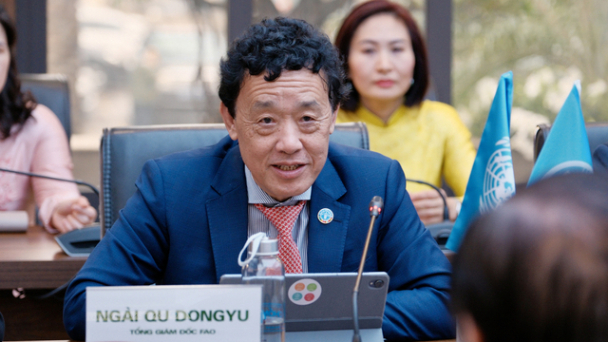
The visit of FAO's two most senior leaders at the start of the new year, Director-General Qu Dongyu and Deputy Director-General Godfrey Magwenzi, highlights the strong and enduring partnership between FAO and Vietnam.

(VAN) The Government directed the Ministry of Natural Resources and Environment and the Ministry of Agriculture and Rural Development to review the functions of the newly merged Ministry of Agriculture and Environment.